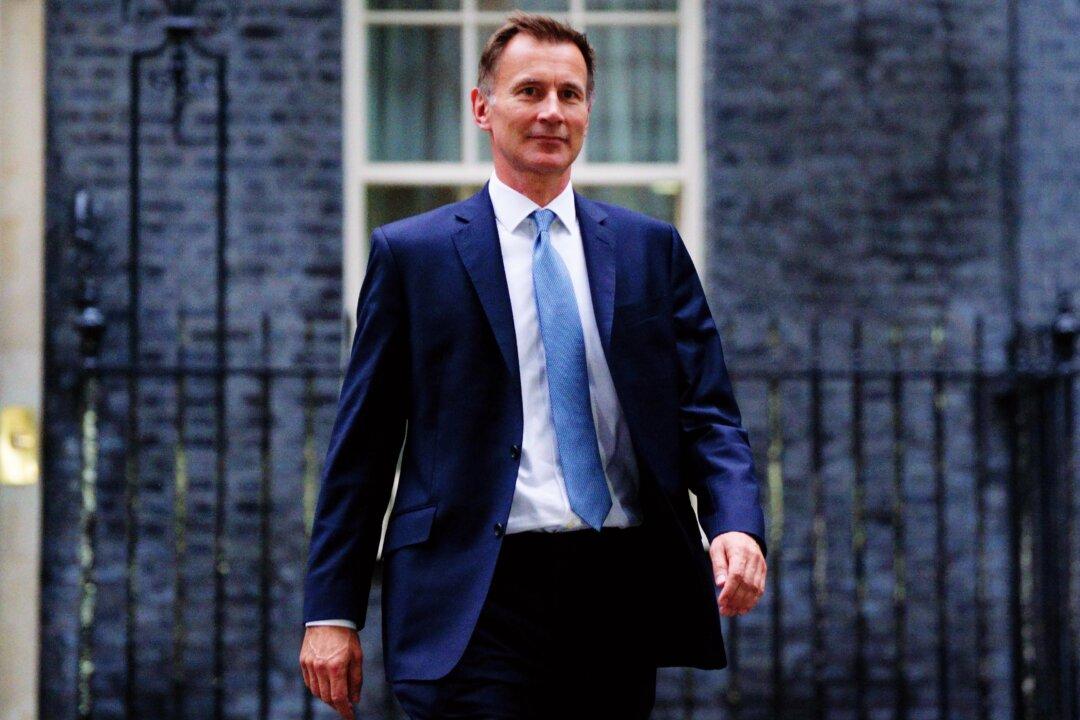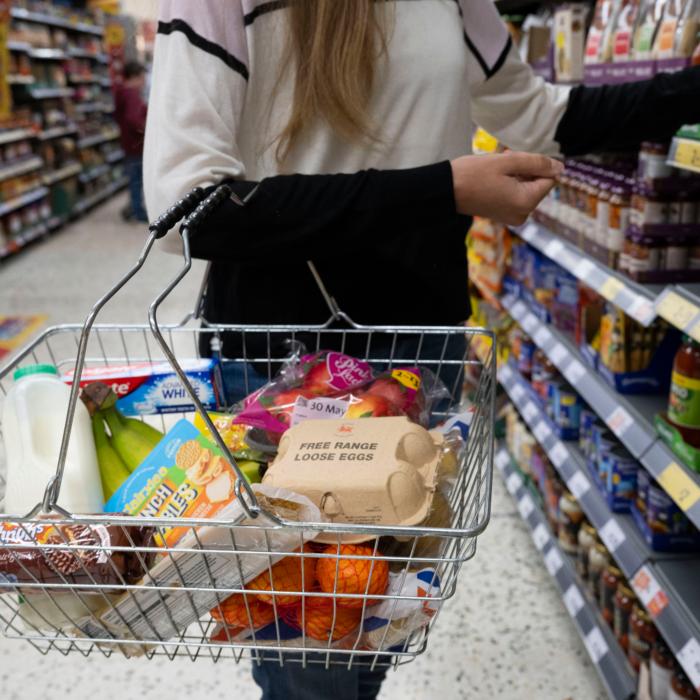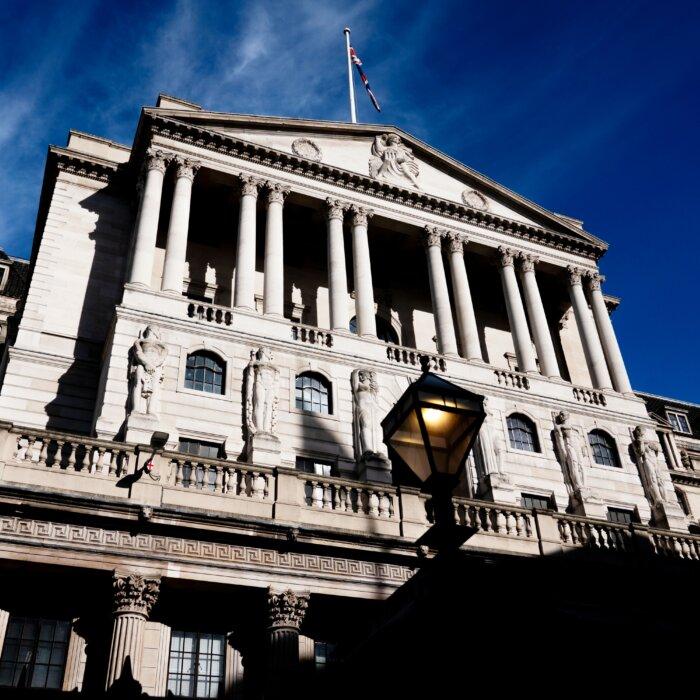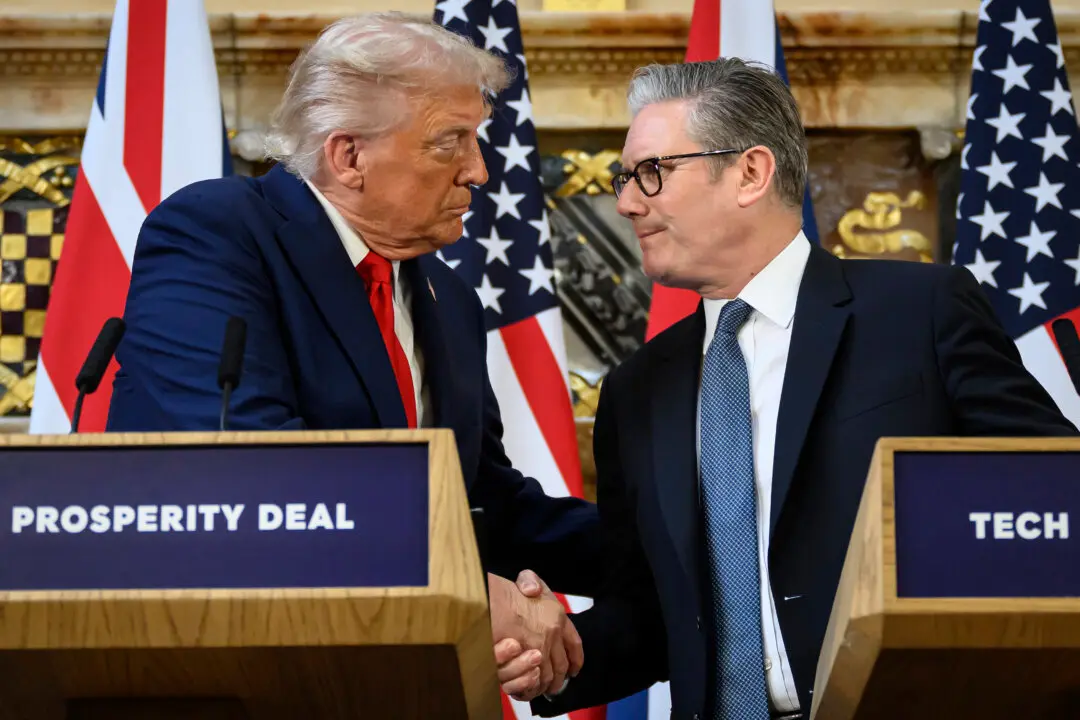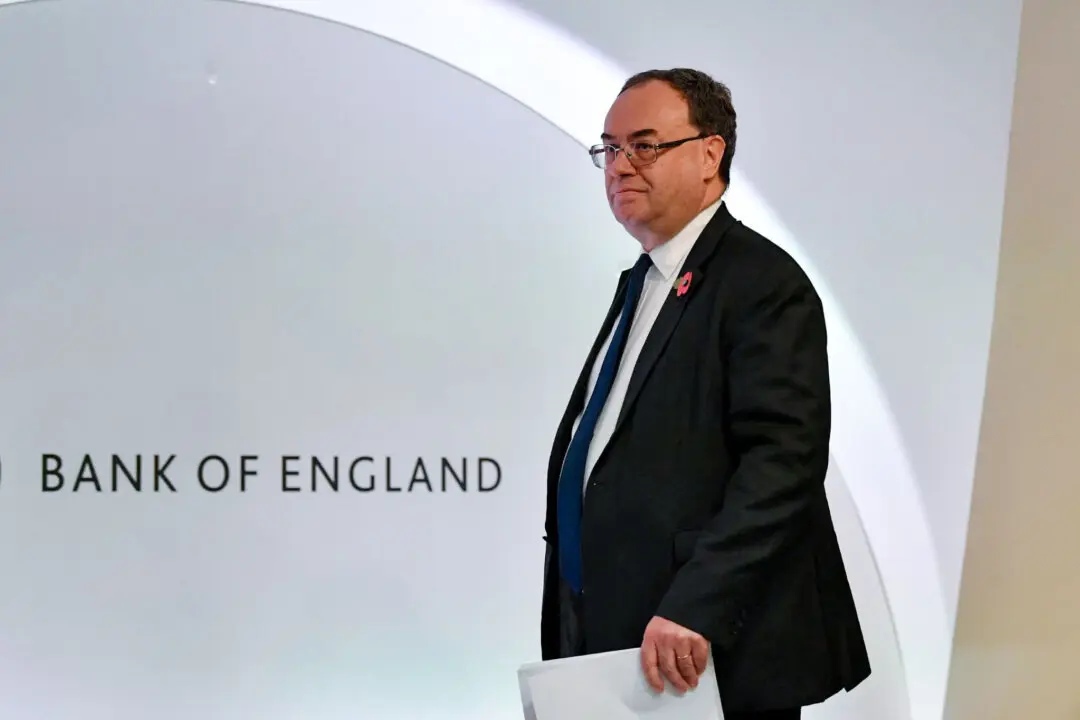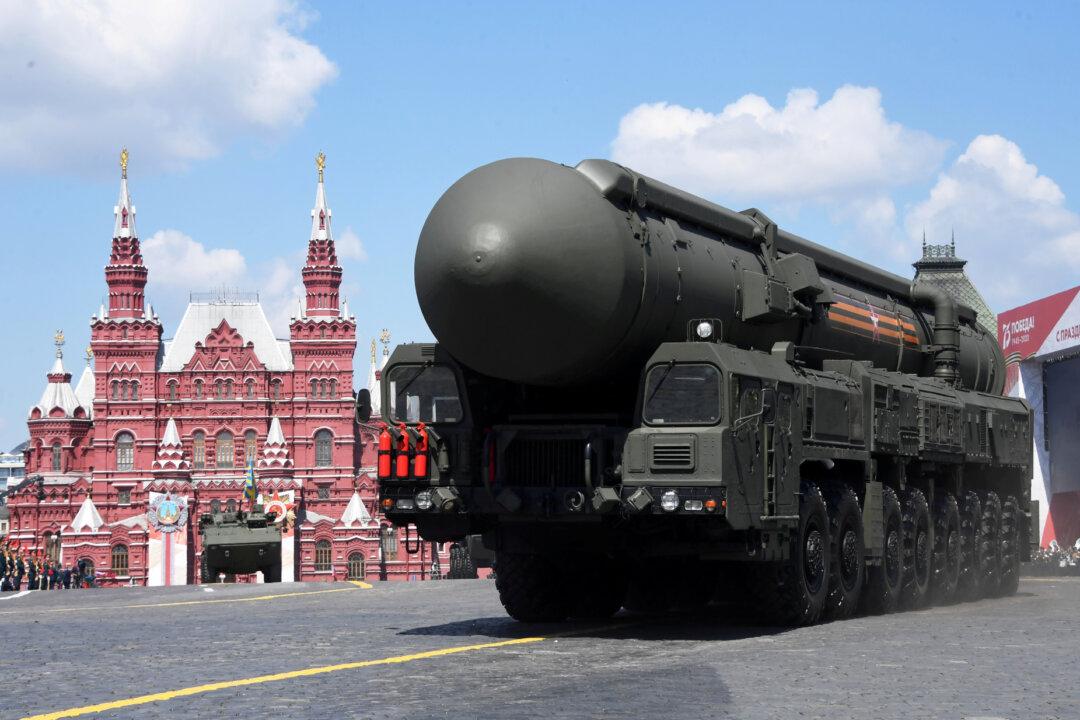UK inflation has hit its lowest level in almost three years, driven by falling gas and electricity prices, official figures show.
When viewed on a monthly basis, the CPI rose by 0.3 percent, compared to 1.2 percent in April last year.
A drop was also recorded in the CPI including owner occupiers’ housing costs (CPIH)—at 3 percent in the year to April, compared to 3.8 percent in the twelve months to March.
The CPIH rose by 0.5 percent, compared with a rise of 1.2 percent in April 2023.
The largest downward contributions to the monthly change in both CPIH and CPI annual rates came from falling gas and electricity prices.
‘Major Moment’
When Mr. Sunak took office as prime minister in October 2022, the inflation rate stood at its peak of 11.1 percent.One of the main priorities of the Conservative government has been to bring inflation back to the 2 percent target.
Reacting to the latest ONS report, Mr. Sunak said it was a “major moment for the economy.”
However, according to Labour, the government should be holding off on “popping champagne corks.”
Shadow chancellor Rachel Reeves has stressed that prices are still soaring, mortgage bills are high and taxes are at a seventy year high.
BoE and IMF
Despite the easing of inflation down to 2.3 percent, economists, polled by Retuers, had forecast a bigger drop—to 2.1 percent. Services inflation was also higher than expected, at 6 percent in the 12 months to April.Elevated services inflation, coupled with the rise in petrol prices, could delay a Bank of England (BoE) decision to cut interest rates in the summer.
The next meeting of the Monetary Policy Committee in June could see the bank hold off on cutting the base rate, which currently stands at a 16-year high of 5.25 percent.
“The international trend of the past two years will be turned on its head with inflation in the UK being lower than in the US and the Eurozone. This inflation forecast underpins our view that the bank will cut interest rates before the US [Federal Reserve] — perhaps in June but if not, in August,” said Paul Dales, chief UK economist at Capital Economics.
The BoE has previously said that inflation would hit its 2 percent target in the second quarter 2024, before increasing again in subsequent quarters.
The bank needs more evidence that inflation will fall further sustainably before it lowers interest rates.
In its latest annual review of the UK, the International Monetary Fund (IMF) said it expected inflation to rise in the second half of the year, as the effects from lower energy prices wane.
A “durable” return to the 2 percent target is expected by early 2025, the IMF added.
“With growth recovering faster than expected, the UK economy is approaching a soft landing, following a mild technical recession in 2023,” the IMF said.
The IMF also recommended higher spending on UK public services—an annual increase of 2 percent. The fund proposed introducing new carbon taxes, road tolls and expanding the VAT and inheritance tax bases.
